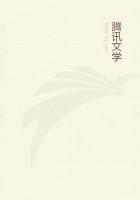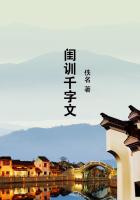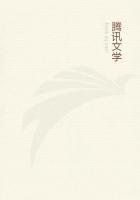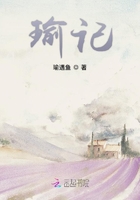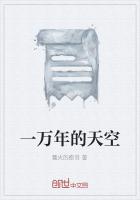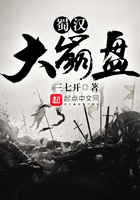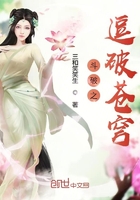The first fifteen years of the nineteenth century present the spectacle of an extraordinary movement of millions of men. Men leave their habitual pursuits; rush from one side of Europe to the other; plunder, slaughter one another, triumph and despair; and the whole current of life is transformed and presents a quickened activity, first moving at a growing speed, and then slowly slackening again. What was the cause of that activity, or from what laws did it arise? asks the human intellect.
The historians, in reply to that inquiry, lay before us the sayings and doings of some dozens of men in one of the buildings of the city of Paris, summing up those doings and sayings by one word—revolution. Then they give us a detailed biography of Napoleon, and of certain persons favourably or hostilely disposed to him; talk of the influence of some of these persons upon others; and then say that this it is to which that activity is due, and these are its laws.
But the human intellect not only refuses to believe in that explanation, but flatly declares that the method of explanation is not a correct one, because in this explanation a smaller phenomenon is taken as the cause of a greater phenomenon. The sum of men’s individual wills produced both the revolution and Napoleon; and only the sum of those wills endured them and then destroyed them.
“But whenever there have been wars, there have been great military leaders; whenever there have been revolutions in states, there have been great men,” says history. “Whenever there have been great military leaders there have, indeed, been wars,” replies the human reason; “but that does not prove that the generals were the cause of the wars, and that the factors leading to warfare can be found in the personal activity of one man.”
Whenever, looking at my watch, I see the hand has reached the figure x, I hear the bells beginning to ring in the church close by. But from the fact that the watch hand points to ten whenever the bells begin to ring, I have not the right to infer that the position of the hands of my watch is the cause of the vibration of the bells.
Whenever I see a steam-engine move, I hear the whistle, I see the valve open and the wheels turn; but I have no right to conclude from that that the whistle and the turning of the wheels are the causes of the steam-engine’s moving.
The peasants say that in the late spring a cold wind blows because the oak-buds are opening, and, as a fact, a cold wind does blow every spring when the oak is coming out. But though the cause of a cold wind’s blowing just when the oaks are coming out is unknown to me, I cannot agree with the peasants that the cause of the cold wind is the opening of the oak-buds, because the force of the wind is altogether outside the influence of the buds. I see in this simply such a coincidence of events as is common in every phenomenon of life, and I see that however long and minutely I might examine the watch hand, the valve, and the wheel of the steam-engine and the oak-bud, I shall not discover the cause of the bells ringing, of the steam-engine moving, and of the spring wind. To do that I must completely change my point of observation and study the laws of the motion of steam, of the bells, and of the wind. History must do the same. And efforts have already been made in this direction.
For the investigation of the laws of history, we must completely change the subject of observations, must let kings and ministers and generals alone, and study the homogeneous, infinitesimal elements by which masses are led. No one can say how far it has been given to man to advance in that direction in understanding of the laws of history. But it is obvious that only in that direction lies any possibility of discovering historical laws; and that the human intellect has hitherto not devoted to that method of research one millionth part of the energy that historians have put into the description of the doings of various kings, ministers, and generals, and the exposition of their own views on those doings.

